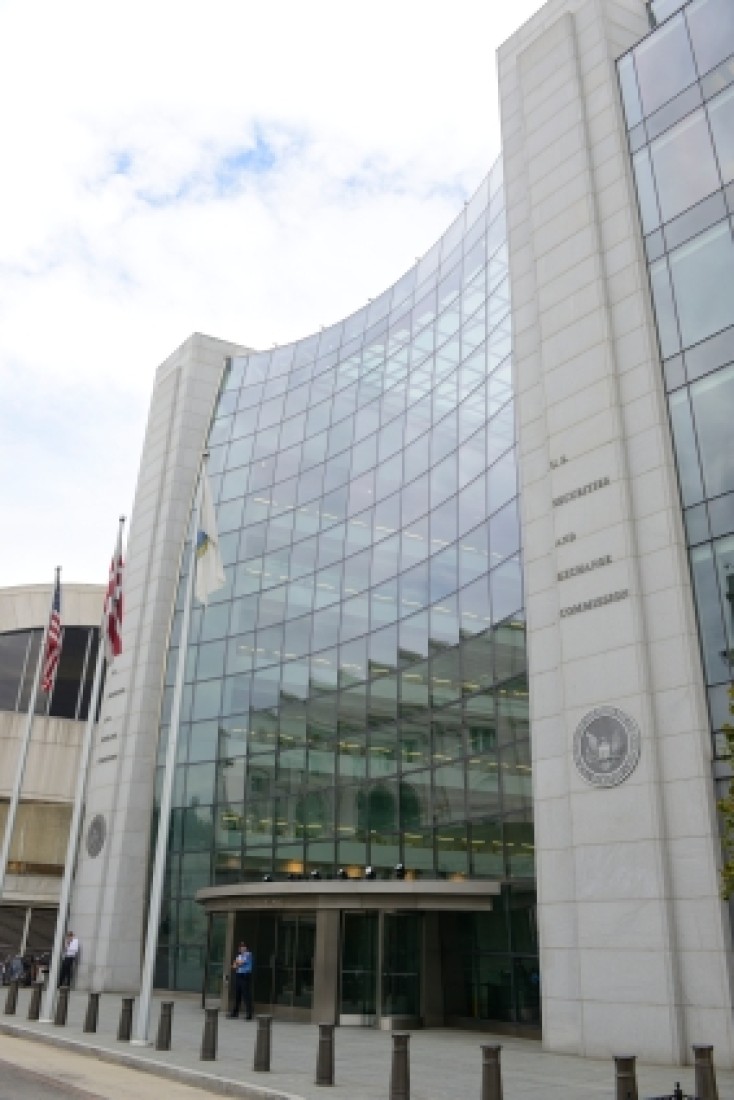SEC Inspector General Grades Dodd-Frank Whistleblower Program

As we’ve previously discussed in a number of posts, the Dodd-Frank Act of 2010 created a bounty program to reward whistleblowers who report useful information to the Securities & Exchange Commission (SEC), and also instituted new legal protections for whistleblowers. The SEC’s Inspector General recently took a hard look at the SEC’s implementation of these reforms, and reported his conclusions in a 43-page audit report.
So how’s the SEC doing?
Based on the report, it’s handling its responsibilities pretty well, with some room for improvement. The Inspector General found that the new rules that the SEC passed in response to Dodd-Frank are “clearly defined and user-friendly for users that have basic securities laws, rules, and regulations knowledge.” He also stated that the process for whistleblowers to appeal the SEC’s bounty decisions does not appear too onerous for the SEC, and that the bounty award levels (which have been set at 10-30% of recoveries that the SEC is able to obtain as the result of whistleblower tips) are reasonable.
Where the SEC can do better, however, is in “developing performance metrics” for its “manual triage process” and “internal control plan.” In plain English, this means that when a whistleblower complaint initially comes in, the SEC should have a way to measure whether it is being properly evaluated and addressed (i.e., “triaged”) in a timely fashion. The Inspector General noted that without a metric, it might take the SEC an unnecessarily long time to respond to a complaint.
Similarly, when whistleblower information leads to a potential bounty, the SEC posts a “Notice of Covered Action” signaling the whistleblower that it’s time to apply for an award, and the whistleblower then has 90 days to submit an application. However, the SEC has not yet adopted a performance metric for when it responds to applications that it receives. This concerned the Inspector General, especially because in one case, the SEC responded 122 days after receiving an application. If the application had been deficient, then the whistleblower would not have been able to submit a corrected one within the required 90-day time period, and could have been deemed ineligible for an award.
The Inspector General’s recommendations were not controversial: the SEC Division of Enforcement responded to say that it agreed.
Information provided on InsightZS should not be considered legal advice and expressed views are those of the authors alone. Readers should seek specific legal guidance before acting in any particular circumstance.
As the regulatory and business environments in which our clients operate grow increasingly complex, we identify and offer perspectives on significant legal developments affecting businesses, organizations, and individuals. Each post aims to address timely issues and trends by evaluating impactful decisions, sharing observations of key enforcement changes, or distilling best practices drawn from experience. InsightZS also features personal interest pieces about the impact of our legal work in our communities and about associate life at Zuckerman Spaeder.
Information provided on InsightZS should not be considered legal advice and expressed views are those of the authors alone. Readers should seek specific legal guidance before acting in any particular circumstance.




